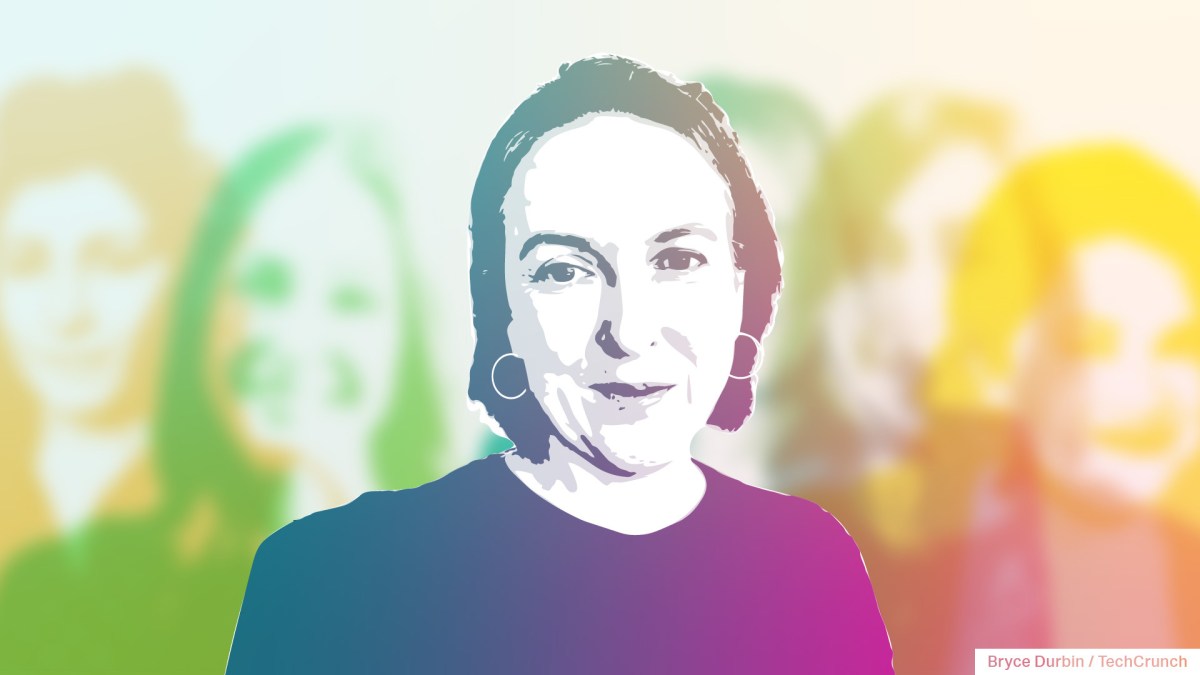The Power of Purpose: A Conversation with Kate Devlin
Championing Ethical AI Through Human-Centered Design
Table of Contents
- Championing Ethical AI Through Human-Centered Design
- Navigating the Challenges: A Conversation with Kate Devlin
- How did you first become interested in AI?
- What are some of the most pressing issues facing AI today?
- How can individuals contribute to building a more responsible AI ecosystem?
- What advice would you give to women interested in pursuing careers in AI?
- Embracing a Human-Centered Approach to AI
In a world increasingly shaped by artificial intelligence, it’s crucial to ensure its development and deployment prioritize human well-being and ethical considerations. This is where individuals like Kate Devlin, a leading voice in the field of AI and society, come into play. Her work sheds light on the complex interplay between technology, intimacy, and societal impact, advocating for a more responsible and inclusive approach to AI.
Devlin’s journey began in archaeology before transitioning to computer science, driven by a desire to bridge the gap between human interaction and technological advancements. Her groundbreaking book, “Turned On: Science, Sex, and Robots,” explores the ethical and social implications of technology on intimacy, highlighting the evolving nature of human connection in an increasingly digital world.
Beyond academia, Devlin actively champions ethical AI through her role as director of advocacy and engagement for the Trusted Autonomous Systems Hub. This collaborative platform fosters the development of “socially useful” robotics and AI systems, ensuring that technology serves humanity’s best interests. She also serves on the board of the Open Rights Group, an organization dedicated to protecting digital rights and freedoms in the face of evolving technological landscapes.
We sat down with Kate Devlin to delve deeper into her work, exploring the challenges and opportunities within the AI landscape.
How did you first become interested in AI?
“My journey began in archaeology, but I was always fascinated by the intersection of technology and human behavior. My Ph.D. in computer science allowed me to explore this further, focusing on human-computer interaction and how people engage with AI and robots. The more I learned, the more I realized the profound impact AI has on our lives, both positive and negative.”
What are some of the most pressing issues facing AI today?
“Accountability is paramount. We need to ensure that those developing and deploying AI are held responsible for its consequences. Technological determinism – the idea that technology inevitably drives societal change – is a dangerous narrative. We have the power to shape the future of AI, and it’s crucial to prioritize human well-being and ethical considerations throughout the development process.”
How can individuals contribute to building a more responsible AI ecosystem?
“Awareness is key. Users should critically evaluate the sources of information they encounter, consider the potential biases in algorithms, and demand transparency from companies developing AI systems. Supporting organizations that advocate for ethical AI practices and engaging in public discourse on these issues are also crucial steps.”
What advice would you give to women interested in pursuing careers in AI?
“Don’t be afraid to take up space! The tech industry has historically been male-dominated, but the tide is turning. We need more diverse voices shaping the future of AI. Embrace your unique perspectives and contributions, and don’t let anyone tell you that you don’t belong at the table.”
Embracing a Human-Centered Approach to AI
Kate Devlin’s work serves as a powerful reminder that AI should be developed and deployed with human values at its core. By prioritizing ethical considerations, fostering transparency, and promoting inclusivity, we can harness the transformative potential of AI while safeguarding the well-being of individuals and society as a whole.
For more information on Kate Devlin’s work and the Trusted Autonomous Systems Hub, visit https://www.trustedautonomousystems.org/.


